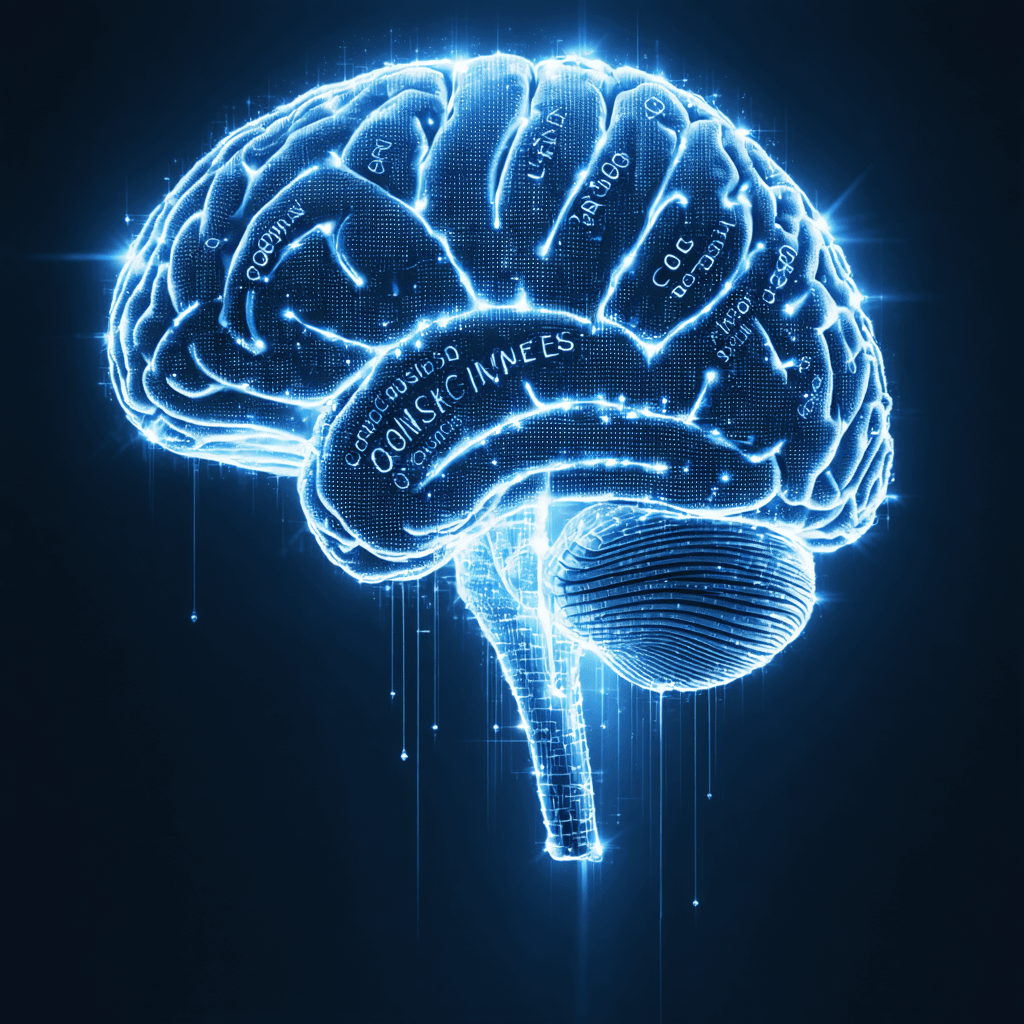From Code to Consciousness: How Tech Interview Skills Mirror the Evolution of AI
In the ever-evolving landscape of technology, the parallels between technical interviews and artificial intelligence development have become increasingly apparent. As we navigate through 2025, these similarities offer fascinating insights into both the hiring process and the advancement of AI systems.
The Foundation: Pattern Recognition
Just as AI systems begin with pattern recognition, technical interviews fundamentally test a candidate's ability to identify patterns in problems. Whether it's spotting a recurring element in an array or recognizing a common data structure implementation, this core skill mirrors how machine learning algorithms learn to categorize and classify information.
Pattern Recognition in Practice
- Algorithm identification
- Code optimization opportunities
- System design patterns
- Problem-solving frameworks
Data Structures: The Building Blocks
Modern AI architectures and technical interview questions share a common foundation in data structures. The way we organize and manipulate data in technical interviews reflects the fundamental architectures used in AI systems:
- Neural Networks: Similar to graph problems in interviews
- Decision Trees: Parallel to recursive problem-solving
- Hash Tables: Essential for both AI optimization and coding challenges
- Arrays and Matrices: Fundamental to both ML operations and coding tests
Optimization: The Pursuit of Efficiency
The quest for optimization remains central to both domains. In technical interviews, candidates strive for O(n) solutions, while AI researchers pursue more efficient training models and reduced computational costs. This shared focus on efficiency drives innovation in both fields.
Key Optimization Principles:
- Space-time trade-offs
- Resource utilization
- Scalability considerations
- Performance bottlenecks
Problem-Solving Approaches
The systematic approach required in technical interviews mirrors the step-by-step development of AI solutions:
Understanding the Problem
- Input analysis
- Edge case identification
- Constraint recognition
Solution Design
- Algorithm selection
- Architecture planning
- Implementation strategy
Implementation and Testing
- Code execution
- Error handling
- Performance validation
The Role of Adaptability
In 2025's dynamic tech landscape, adaptability has become crucial. Technical interviews now assess not just coding ability but also how candidates adapt to changing requirements – much like how AI systems must adapt to new data and scenarios.
Adaptive Skills in Focus:
- Real-time problem modification
- Requirement pivots
- Alternative solution exploration
- Performance optimization under constraints
Communication: The Human Element
While AI continues to advance, the human element remains crucial. Technical interviews evaluate not just technical prowess but also communication skills – explaining complex concepts simply, much like how AI researchers must convey sophisticated algorithms to stakeholders.
Essential Communication Components:
- Solution explanation
- Technical documentation
- Collaborative problem-solving
- Stakeholder interaction
System Design: The Bigger Picture
Modern technical interviews often include system design questions, reflecting the increasing complexity of AI systems:
Scalability Considerations
- Load handling
- Distribution strategies
- Resource management
Architecture Decisions
- Component interaction
- Service integration
- Data flow optimization
Testing and Validation
Both domains emphasize the importance of robust testing:
- Unit testing in code interviews
- Model validation in AI
- Edge case handling
- Performance benchmarking
Future Trends
As we progress through 2025, several trends are shaping both technical interviews and AI development:
Increased Focus on Ethics
- Bias recognition
- Fairness considerations
- Social impact awareness
Real-world Application
- Practical problem-solving
- Industry-specific challenges
- Production environment considerations
The Learning Never Stops
Continuous learning remains crucial in both technical interviews and AI development. The rapid pace of technological advancement requires constant updating of knowledge and skills:
- New algorithms and data structures
- Emerging AI frameworks
- Industry best practices
- Performance optimization techniques
Preparing for Success
Success in technical interviews, like AI development, requires a structured approach:
Regular Practice
- Coding exercises
- Problem-solving drills
- System design practice
Knowledge Building
- Algorithm fundamentals
- Design patterns
- Industry trends
Practical Application
- Real-world projects
- Open-source contributions
- Technical documentation
The Path Forward
The intersection of technical interview skills and AI development continues to evolve, creating opportunities for those who understand and leverage these parallels. As we progress through 2025, the ability to navigate both domains becomes increasingly valuable.
Ready to enhance your technical interview skills and dive deeper into the world of AI development? 01TEK offers comprehensive courses and resources designed to help you excel in both areas. Visit our learning platform to explore our cutting-edge curriculum and join a community of passionate technologists shaping the future of computing.
Remember: The journey from code to consciousness is continuous, and every technical interview is an opportunity to evolve your understanding of both human and artificial intelligence.
#tech #AI #coding #interviews #softwaredevelopment #technology #learning
If you want to be inventive, you have to be willing to fail.
Jeff Bezos



